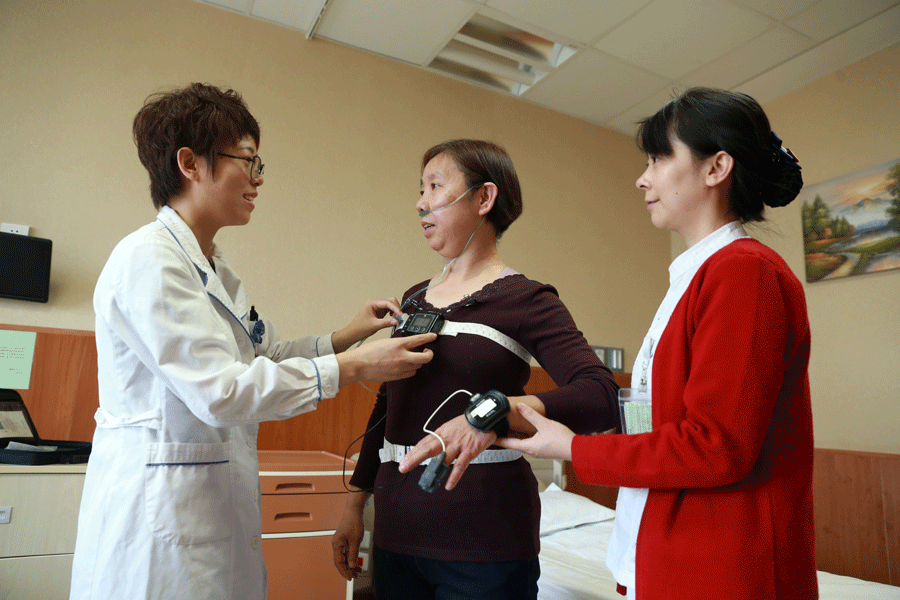Sleep disorders rising among younger people


Lack of facilities
According to a report released last month by Ipsos, a business consultancy in Paris, about 2,400 hospitals across China operate sleep medicine clinics, but only about 220 hospitals have established departments to tackle sleep disorders.
Every month, an average of 60,000 diagnoses of sleep-related problems are made in China, mainly at clinics in large hospitals in urban areas, according to the report.
Han Fang, a physician who specializes in respiratory diseases at Peking University People's Hospital, said fewer than 2 percent of people with sleep disorders have received diagnosis and treatment as a result of the small number of doctors specializing in the field and a shortage of hospital beds.
Sun, from Peking University Sixth Hospital, said sleep medicine is still not an independent discipline in China, which has hampered the education and training of specialists, and also limited their career development.
He said doctors who specialize in sleep medicine in China generally come from related backgrounds, such as respiratory medicine or neurological science.
Workload set to rise
According to Ye Jingying, a professor in the sleep medicine department at Beijing Tsinghua Changgung Hospital, the workload of specialists in the field is likely to rise steeply in coming years as a result of China's rapidly aging population and the growing number of obese people.
"The development of sleep medicine needs more support from the government, such as extending the coverage of medical insurance programs to a wider range of illnesses and treatments," she said.
- From crested ibises to pandas, China lights conservation path
- Plateau poised for world-class copper hub tag
- Xi calls for winning tough anti-graft battle
- Surging flu cases drive up demand for drug
- Nanchang funds 19 free funeral venues after tragedy
- Massive ice sculpture replicates CNS?Liaoning aircraft carrier





































